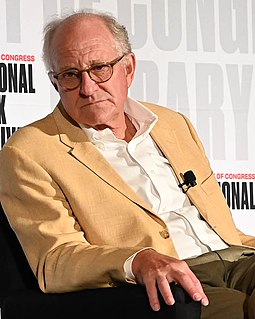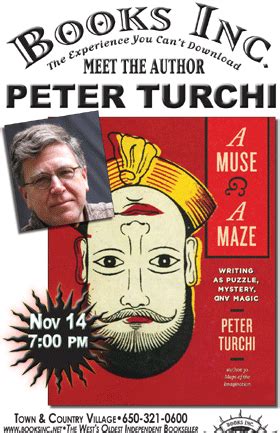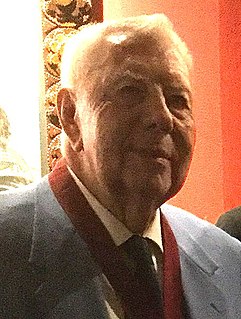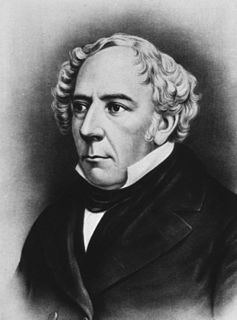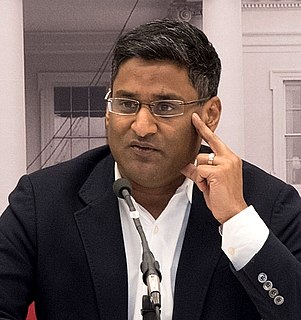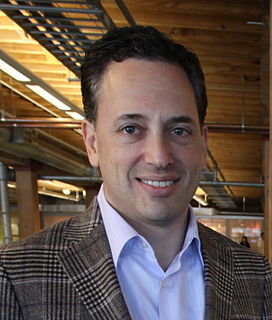A Quote by Steven Pearlstein
It is possible in theory and I think true in practice that centralization could have been the optimal solution at the beginning of the computer era and now, but not in between. And it may change back again with some other technological development. Some things move in a straight line. Others move like a pendulum.
Quote Topics
Related Quotes
No single decision you ever made has led in a straight line to where you find yourself now. You peeked down some roads and took a few steps before turning back. You followed some roads that came to a dead end and others that got lost at too many intersections. Ultimately, all roads are connected to all other roads.
I'm a fan of the simulation theory. I tend to think that most of our existence, if not all of it, is part of a hologram created by some type of other life form, or some type of other artificial intelligence. Now, it may be impossible for us to ever know that, but a bunch of recent studies in string theory physics have proved that.
I think the Republicans starting more and more to ignore President Trump. I think they have realized - it's taken a while, but I think a lot of them have realized there isn't going to be a change, he is who he is, there's not going to be some pivot or some growing in office, and they have to deal with that. I don't think they have come together to figure out how exactly they move forward, but I think they are at least beginning to get a grip on the problem.
Sometimes clients have a sophisticated view of their design problem, sometimes they do not. I often spend time with the client redefining the problem, going back to the beginning. Often the problem is just a symptom. Sometimes you have to move back in order to move forward to understand what the nature of the solution should be.
